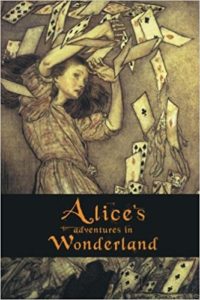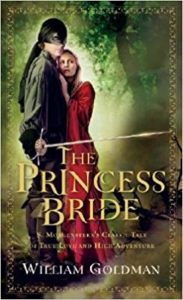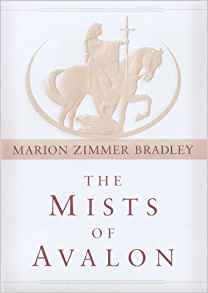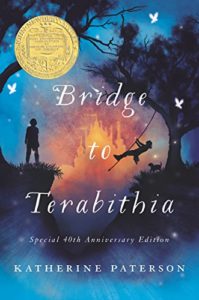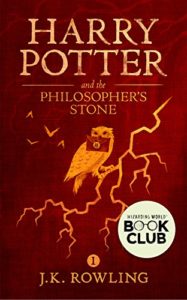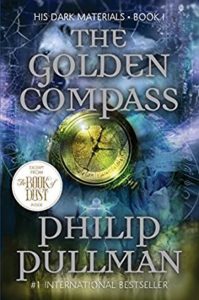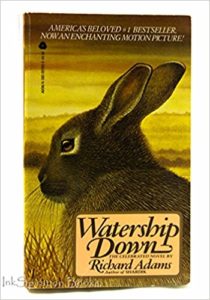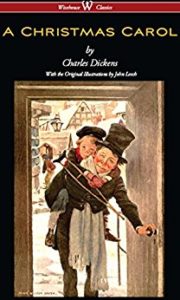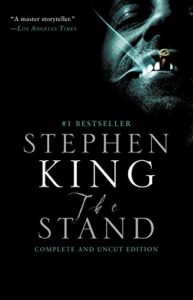Last year I blogged about the fourteen science fiction and fantasy series I was looking forward to watching during the 2017-2018 season. Wow, that was a lot of shows! Somehow I managed to continue watching almost all of them, though.
Today I’m talking about the shows I’m currently watching or will be watching during the 2018-2019 TV season. Once again, I’ll be sharing the release dates and a short explanation of why I’m interested in each one. This list looks like a long one, but many of these series will be finished long before the ones at the bottom of the list are aired. I love the fact that shows are staggered like that these days.
Also, I am a few seasons behind some of the items on this list. So expect to see them reappear in future updates on what I’m watching unless I suddenly stop watching a lot of current programs for some reason.
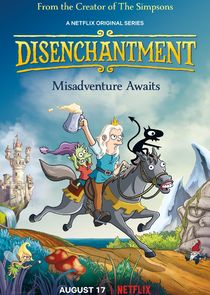
Season 1 premiered this August. I’m currently watching it.
Calling all fans of Futurama! The creators of that series have something new for you.
Disenchantment was about a princess who befriended an elf and a demon and proceeded to have all kinds of PG-13 related adventures with them. Yes, this is an animated program. No, it’s not suitable for kids. There’s everything from sex to violence to substance abuse in this tale, so send the small, impressionable humans to bed before you watch it.
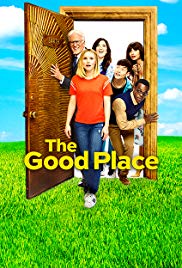
Season 3 premiere: September 27.
So much of the stuff I want to say about this program would give away major spoilers for anyone who hasn’t watched the first two seasons yet. Needless to say, the characters have continued to explore the afterlife and learn just how complicated things can get when the line between heaven and hell becomes so blurry.
I would not recommend watching this to anyone who is easily offended or who has strong opinions about what, if anything, happens to people after they die. While the tone of it is tongue-in-cheek and friendly, this is something that will work better for viewers who are easygoing on this topic.
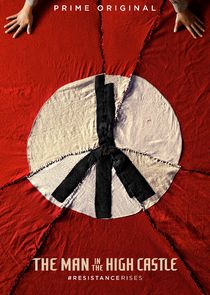
Season 3 premiere: October 5
If history had been a little different, the Axis powers could have won World War II. This series takes a look at what life would be like in the country formerly known as the United States this had happened. Germany and Japan split the U.S. up into sections in this universe, and everyone who wasn’t a Christian Aryan was in terrible danger.
I should warn all of you that this show can get very dark at times. It’s not something that anyone should watch if they’re easily triggered by references to Holocaust-like events.
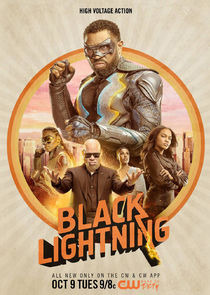
Season 2 premiere: October 9
Black Lightning has been changing my opinion of the superhero genre for the better thanks to everything that was going on in the main character’s life. I adored the complexity of his personality and life. He had to deal with everything from chasing down bad guys to repairing his relationship with his wife in the first season. I’m looking forward to seeing what happens to him and his family next.
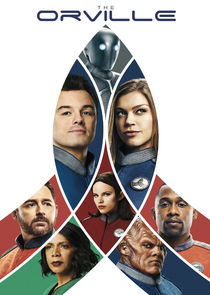
Season 2 premiere: December 30
I adored season one of this program. While it was originally written to be a lighthearted parody of the Star Trek universe, it felt much more like a Star Trek show than Discovery has so far. This isn’t a diss, either. I’m enjoying Discovery, but it doesn’t have the optimism about the future that I’d expect from this universe.
Luckily, The Orville picked up that slack beautifully in its first season. The characters dealt with some serious issues, but there was always a lighthearted undercurrent to their conflicts that reassured me that better days were coming for everyone in that universe. The world needs more material like this, especially now.
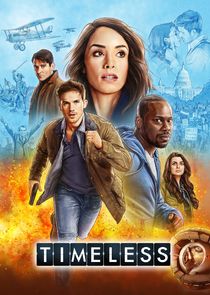
Movie premiere: late 2018
Technically, the last TV season of this show ended this past spring. There is a two-hour movie about the characters in it coming at the end of this year, though, so I’m including it on this list. I’m glad the fans are going to have a proper goodbye for it. The time travel in this story was really well done. I especially liked the fact that the characters who weren’t white men acknowledged how difficult certain eras would be for them to visit due to the prejudices and laws of those times. hoping there will be plenty of that in the sendoff.
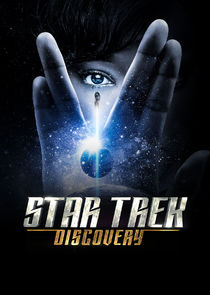
Season 2 premiere: January 2019
Despite my comments above, I actually did enjoy the first season of Discovery. There was a huge plot twist in it that I didn’t see coming ahead of time. I can’t say anything else about that without giving away spoilers, but I am looking forward to seeing where this series goes next and if it begins to feel more friendly and hopeful like other Star Trek tales. (Although I am hoping that the second season will flesh out the secondary characters. So far, only the main characters have gotten attention from the storyline).
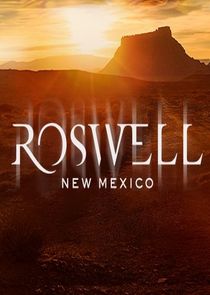
Season 1 premiere: April 29, 2019
This is a reboot of Roswell, a science fiction show about aliens living on Earth in the early 2000s that I liked quite a bit back in the day.
Like the reboot for Buffy the Vampire Slayer, I’d prefer to see this universe revisited in its current form. This doesn’t stop me from feeling excited at revisiting this universe in whatever form it will take.
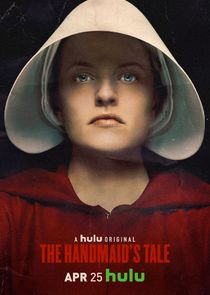
Season 3 premiere: April 2019
Anyone who has followed this blog over the past few years already knows how much I adore The Handmaid’s Tale, so I won’t repeat myself.
Needless to say, I’m already counting down the weeks until season 3 is here.
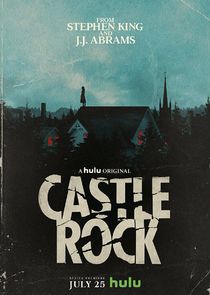
Season 2 premiere: 2019. I have yet to begin season 1, but plan to start it soon.
Two words for you: Stephen King. Every time a TV show comes out that is based on something he wrote, my ears perk up. This was no exception to that rule.
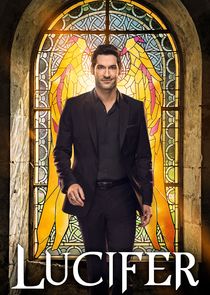
Season 4 premiere: 2019
First this show was cancelled, and now it’s somehow coming back for another season.
All I know is that I have a huge crush on Lucifer. Yes, he’s (sort of) the Lucifer you’d expect someone with that name to be. That is, he is the devil in this universe, but he’s not evil. Children love him, and he only harms people who have already hurt innocent folks. Everyone else is pretty safe around him unless they happened to be horribly annoyed by shameless flirting.
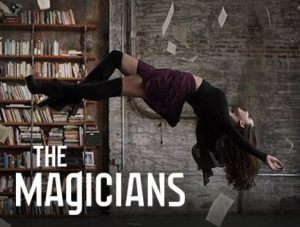
Season 4 premiere: 2019
I have four words for you: Harry Potter for adults. While this isn’t set in the Potterverse, the characters in it do attend a school for magic and end up having all sorts of unauthorized adventures when their professors aren’t looking.
It took me a couple of tries to get into the first season, but now I can’t get enough of this series.
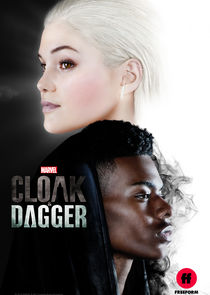
Season 2 premiere: 2019
Not only are there two superheroes in this story, their powers complement each other perfectly.
I’m also watching this one with the hope that when a romance develops between the main characters, their racial differences won’t be a source of conflict for the plot in any way. One of the beautiful things about living in Toronto is seeing interracial couples living their ordinary lives together without it being a big deal. While I know this definitely isn’t true for every community (or even in every single Torontonian household, to be honest), I think it’s high time for screenwriters to stop assuming that every interracial relationship is fraught with conflicts over race and culture.
That is such an old-fashioned and unhelpful way of perceiving the world, especially if you’re on the outside looking in at someone else’s relationship.
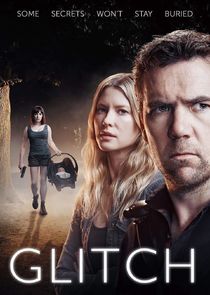
Season 3 premiere: 2019
Some of the characters in this show were people who came back to life from the dead without being zombies, vampires, or ghosts. One moment they were corpses, and the next they’d come to life.
I can’t say much else about the premise without giving away massive spoilers, but I’ve loved the character and plot development so far. It’s going to be pretty interesting to see what happens now that more and more townsfolk have realized that some of their new neighbours are actually people who lived there decades and even a few centuries ago.
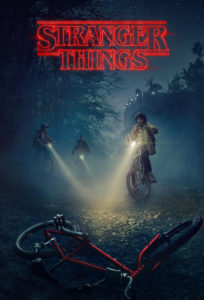
Season 3 premiere: mid-2019
The first two seasons of this show were filled with stuff that happened in the 1980s but would be frowned upon today. For example, smoking was ubiquitous, and children weren’t supervised well back then.
This isn’t the only reason why I’m looking forward to seeing what happens to the town of Hawkins, Indiana, but it is one of them.
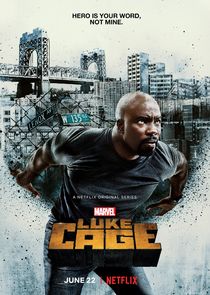
Season 3 premiere: late 2019 (tentatively)
So, it turns out that I might like superhero shows more than I thought I did. When I first began working on this post, I hadn’t fully realized how many different superhero shows I watch.
One of the coolest things about Luke Cage was how close he was to various members of his community. Some of my favourite scenes so far have showed him talking to his neighbours and trying to figure out how to improve all of their lives. The social justice aspect of the storyline is what originally pulled me in and what has kept me coming back for more.
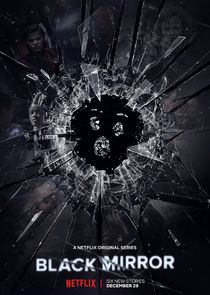
Season 5 premiere: unknown, but I’m hoping it will show up in 2019.
The only episode I’ve seen so far from this series was 4.1, “USS Callister.” It was about a massive multiplayer online game populated by sentient digital clones who were treated very poorly by the man who created them. When the clones realized that the world they’re living in isn’t real, they had to try to decide how or if to escape their circumstances.
I was so impressed by the storytelling and writing quality that I’ve added Black Mirror to my to-watch list. I’m hoping to catch up on as many of the other episodes during the winter of 2018-2019 as possible.
Buffy the Vampire Slayer (no photo available yet for this one).
Season 1 of the rebooted premiere: unknown, but I’m hoping it will show up in 2019.
To be honest, I don’t know if Buffy the Vampire Slayer will be rebooted in 2019 or come out at some point after that. Either way, I’ll be curious to see how this universe is reimagined for a new generation.
What science fiction and fantasy shows will you be watching between now and next summer?

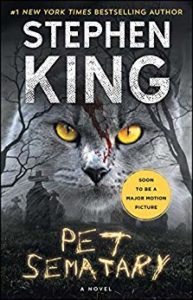
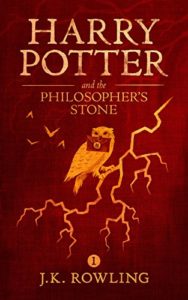
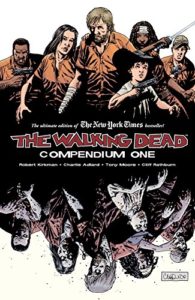
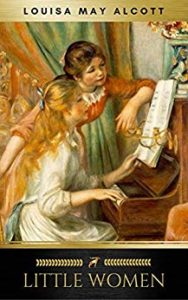
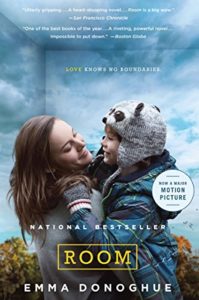


















 To give you a concrete example of what I’m talking about, let’s go back to when I was in high school. My eleventh grade English teacher was a kind, generous woman who regularly allowed her students borrow books from her if we wanted something to read for the sheer joy of it.
To give you a concrete example of what I’m talking about, let’s go back to when I was in high school. My eleventh grade English teacher was a kind, generous woman who regularly allowed her students borrow books from her if we wanted something to read for the sheer joy of it. The subjective nature of these things isn’t limited to literature, either.
The subjective nature of these things isn’t limited to literature, either. Have you ever noticed how difficult it is to get a group of people to agree on what a good song should sound like even after you’ve sorted out objective criteria like the quality of the singer’s voice or whether or not they’re singing on key?
Have you ever noticed how difficult it is to get a group of people to agree on what a good song should sound like even after you’ve sorted out objective criteria like the quality of the singer’s voice or whether or not they’re singing on key?
 D
D Susie was violently murdered when she was fourteen. As she adjusted to the afterlife and attempted to contact the loved ones she’d been ripped away from, she began to realize all of the important life events she was going to miss out on because of how young she’d been when she died.
Susie was violently murdered when she was fourteen. As she adjusted to the afterlife and attempted to contact the loved ones she’d been ripped away from, she began to realize all of the important life events she was going to miss out on because of how young she’d been when she died.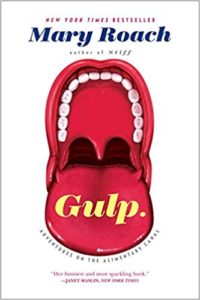
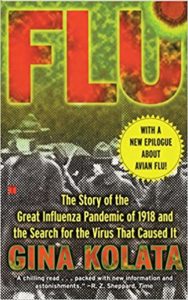
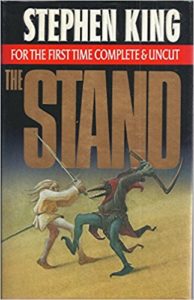
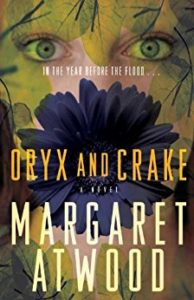
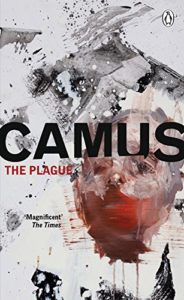
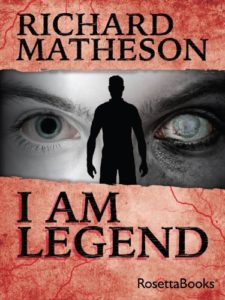
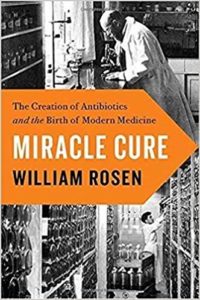
 Last August I blogged about
Last August I blogged about 